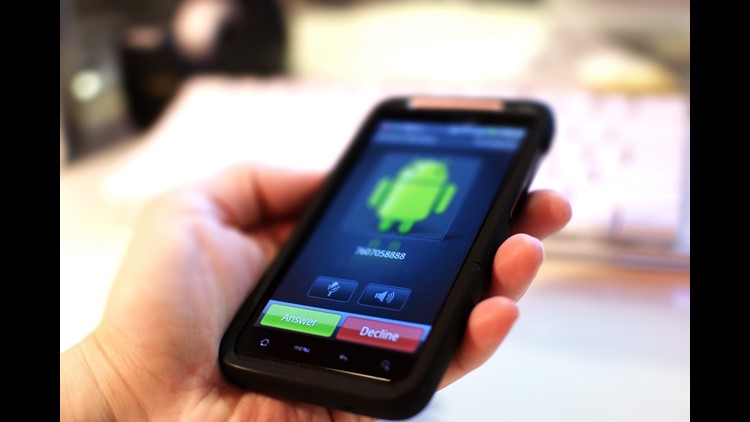(CBS News) — If you’re reading this article, there’s a decent chance you’re doing so while trying not to get run over by a car.
A recent Deloitte study found that 44 percent of mobile phone users check their device while crossing the street. Still, that’s less than those who do so while in a business meeting (54 percent), driving (59 percent), eating in a restaurant (81 percent), talking to family or friends (85 percent) and watching TV (89 percent).
Fine, so sue us. After all, aren’t we living in the glorious age of instant communication, when posting, sharing and streaming are deeply bound up with our everyday personal and professional lives? It’s not like we’re addicted.
Well, let’s talk about that. On average, Americans check their phones 47 times a day, found Deloitte, which surveyed 2,000 US consumers. In cigarette terms, that’s a more than two-packs-a-day habit.
Perhaps not surprisingly, young adults are the heaviest users. People ages 18 to 24 look at their devices an average of 86 times a day. Nearly 9 of 10 people check their phones within an hour of waking up, while roughly three-quarters of us do so within 30 minutes.


If we’re not full-blown phone junkies, at least there seems to be a collective desire to cut down on the screen time. Just under half of those polled by Deloitte said they’re trying to limit their phone usage, with younger consumers the most likely to acknowledge that they’re overdoing it.
The most common method people use to resist the urge to check their phone? Keep the device in a handbag or pocket when meeting others. Additional methods include turning off audio notifications, deleting apps or simply turning the phone off at night.
But does using technology really affect us physiologically? There’s evidence it does. Researchers at California University Dominquez Hills found that people’s brains produce a burst of cortisol — a hormone involved in producing the “fight or flight” response to danger — when they spend time away from their phones.
In short, being separated from our devices makes us anxious. That’s not a good feeling, but it beats getting flattened by a bus.
See video, here.



